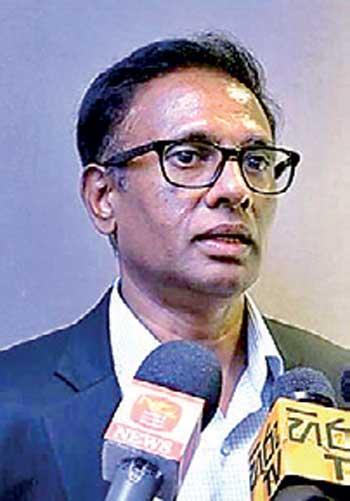31 Oct 2022 - {{hitsCtrl.values.hits}}
 By Kurulu Koojana Kariyakarawana
By Kurulu Koojana Kariyakarawana
Amidst a major collapse in the country’s overall agricultural productivity, a state level involvement is a necessity to wipe out fake agro chemicals and counterfeit pesticide which have infiltrated the local market since the banning of fertilizer in 2001, said an agri industry specialist.
Addressing an interactive gathering by industry professionals and subject experts from the local and global arena themed “Role of Agric Inputs in Food Security” held at the Water’s Edge on Friday, Chairman of Croplife Chamenda Wijerathna that they are ready to team up with the Ministry of Agriculture to execute this important task.
Wijerathna said that ranging from Sri Lanka’s sole-staple of rice, all crop sectors including maize, tea, upcountry and low country vegetables suffered substantial negative impacts in the aftermath of short-supplied agri inputs.
“Numerous economic and policy mishaps were evident during 2021 - 2022 period; especially the banning of essential fertilizers, pesticides and other vital agri inputs resulted in the collapse in overall agriculture productivity.
A recent study revealed the magnitude of the impact where increases in the cost of production have exceeded 67 per cent while reduction of average yield has been recorded at 54 per cent.
Subsequently, the selling price of agricultural produce has increased exponentially causing various consumer segments to reduce or totally give up buying their requirements. Overall, there has been more than a 45% increase of the selling price at every level of agricultural value chains,” Wijerathna said.
He said due to the banning of agro chemicals and pesticides in 2001 various fake and substandard products have been smuggled into the country. Since these items have been imported evading the payment of taxes they are sold at cheaper prices, farmers have started becoming dependent more on these even though their expected results were rather low.
06 Oct 2024 23 minute ago
05 Oct 2024 05 Oct 2024
05 Oct 2024 05 Oct 2024
05 Oct 2024 05 Oct 2024